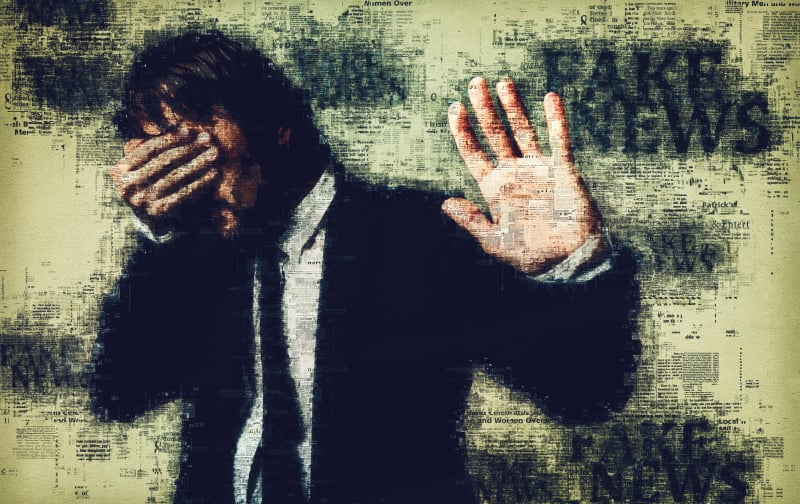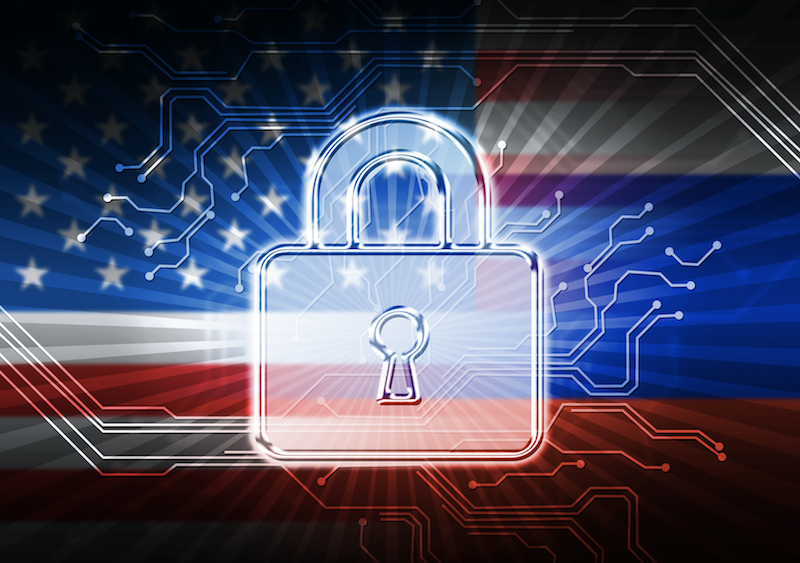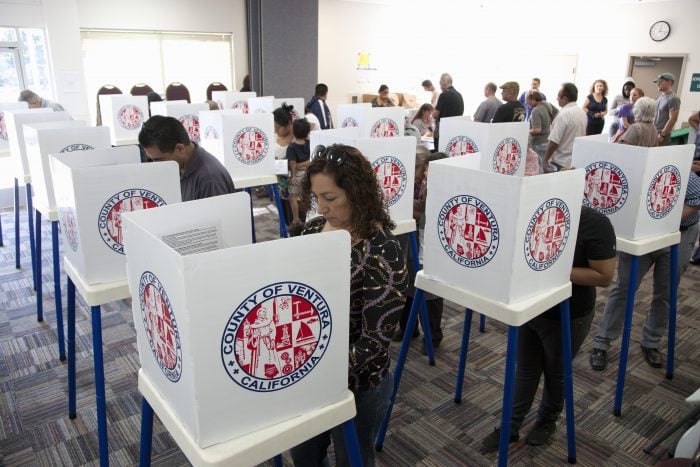Security News

Microsoft has developed a deepfakes detection tool to help news publishers and political campaigns, as well as technology to help content creators "Mark" their images and videos in a way that will show if the content has been manipulated post-creation. The technology has been perfected since then and will surely continue to evolve and go on to produce ever more difficult-to-spot deepfakes.

The techniques, the tools, that type of stuff, and kind of looking forward a little bit to what we can expect on the upcoming election and in the near term. And you guys did a really kind of deep dive look at focusing in on the infrastructure to behind these disinformation campaigns and how bad actors are evolving their tool sets and techniques and what this means for the upcoming election.

With the United States set to undertake its first Presidential election since the Russian-tinged 2016 race, state governments and social networks are upping their game. This from the team at Cisco Talos, which cautioned in a new report that while governments and sites are better prepared for disinformation campaigns, the way hostile nation states go about their business has also evolved.

With the 2020 U.S. Presidential Election coming up in just two months, cybersecurity concerns are taking center stage for average citizens and politicians. "Due to the spread of COVID-19, we are seeing a number of election environments shift online, to varying degrees, with political parties conducting virtual fundraisers, campaigns moving town halls to online platforms and election officials using online forms to facilitate voting by mail," said Jocelyn Woolbright, a researcher with Cloudflare, who added that cybercriminals are increasingly targeting these resources.

A top US official for election security said his biggest worry is the possibility of outside interference in a likely slow count of the votes the day after the November 3 presidential contest. Bill Evanina, director of the National Counterintelligence and Security Center, said that external actors could use hacks like ransomware and other cyberattacks against the infrastructure for delivering, counting and transmitting the votes, which includes the overburdened and understaffed post office and polling stations.

A new report from the Senate intelligence committee on Russia's interference in the 2016 presidential election in the United States says WikiLeaks knowingly assisted the Kremlin's influence efforts. The United States has concluded that Russia conducted an extensive influence campaign leading up to the 2016 election, and a significant part of that campaign involved breaking into the computer systems of the Democratic party and Hilary Clinton's campaign and leaking information via the whistleblower website WikiLeaks.

Facebook on Thursday launched its voting information center as internet platforms unveiled fresh moves to protect the November US election from manipulation and interference. The move comes amid a coordinated effort by Facebook, Google and other online platforms to curb the spread of disinformation and thwart efforts to manipulate voters.

US Secretary of State Mike Pompeo on Wednesday offered a $10 million reward aimed at preventing foreign interference in the November election, as the State Department accused Russia of waging an increasingly sophisticated disinformation campaign. The reward marks one of the most public signs that members of President Donald Trump's administration are taking election meddling seriously, despite anger by Trump himself over findings that Russia has assisted him.

Though the attackers apparently didn't make changes to votes or voter rolls, the revelation was enough to raise doubts about voting security. In the meantime, the federal government is providing state and local officials with additional tools - endpoint detection and response software - to help defend the nation's election systems from cyberthreats ahead of the November vote.

The U.S. Department of State's Rewards for Justice program, overseen by the Diplomatic Security Service, will pay for info that can identify or locate someone workingwith or for a foreign government "For the purpose of interfering with U.S. elections through certain illegal cyber activities," according to a release posted on the department's website. The reward covers anyone seeking to interfere with an election at the federal, state or local level by violating or even aiding the violation of a U.S. law against computer fraud and abuse, according to the department.